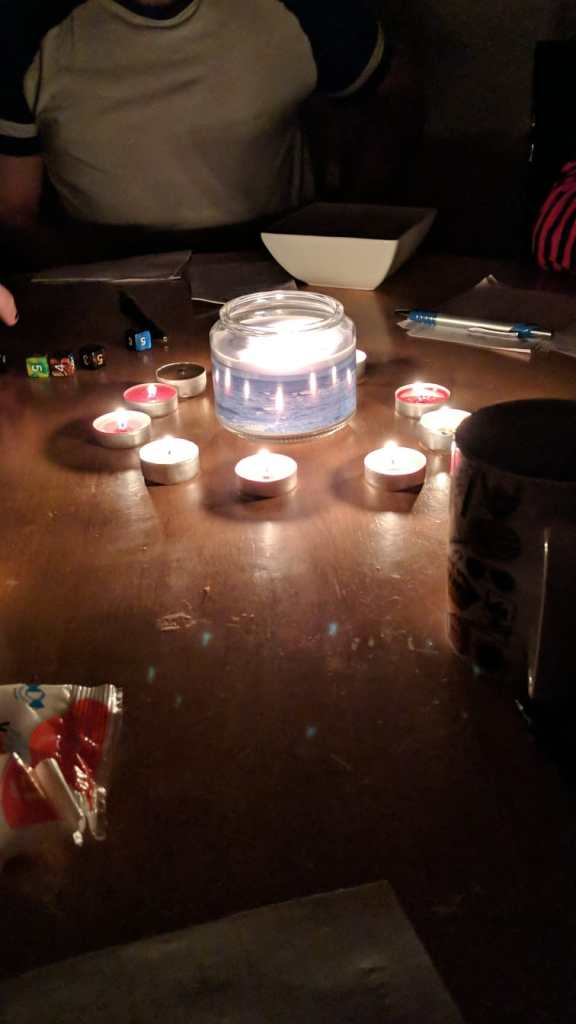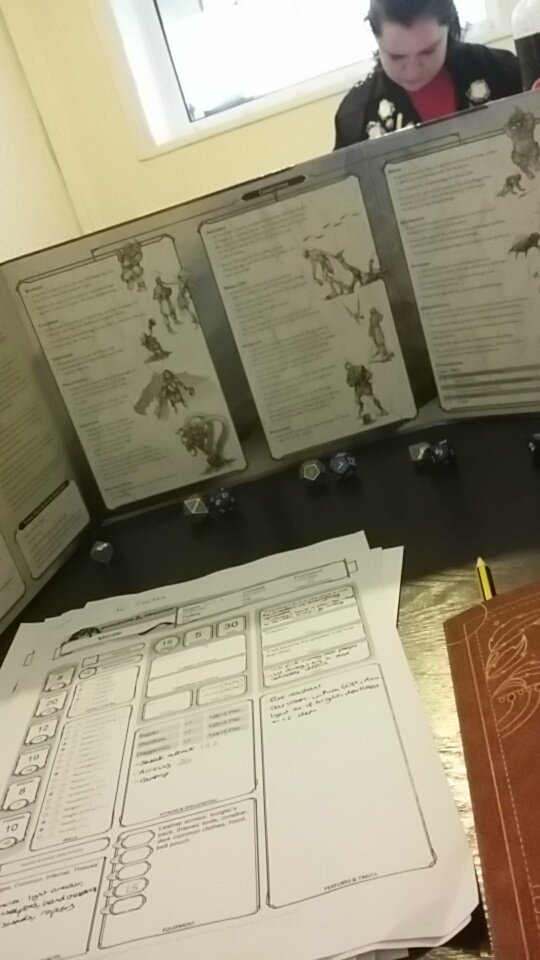As my final term at university passes by, I often sit back and reflect on how far I’ve come. From admitting I had mental health issues, to starting medication, to starting Mind Games and preparing to go out into the world as a fully-fledged adult – it’s been a hell of a journey. A big part of that process has been the time I have spent with my friends. Since I don’t really drink and the university clubbing scene is the definition of a panic attack for me, I tend to stick to sober events. Watching films, playing video games, chatting with friends and sucking at minigolf, I’ve done it all. My favourite thing to do though, is play board games with those friends. Especially ones that stay with you.
I’ve spoken before about Dungeons and Dragons on the site and anyone who follows my Twitter will know that I’m currently running a campaign for some friends. However, the world of tabletop gaming is not just D&D, much to the shock of many. Thanks in part to the afternoons I’ve spent in board game cafes with my friends from school, and to communities like Dicebreaker – I’ve gotten to explore the genre that I love, a bit more deeply. From Dead of Winter and Betrayal at The House on The Hill, to Call of Cthulhu and Band of Blades, there’s a massive range of games out there for you and more are being developed every single day.

One tabletop game that has really hit close to home for me recently is the horror RPG, Ten Candles. There aren’t many games that can stun my friends into silence for more than a few seconds, yet Ten Candles manages it. Every decision that my players made were given an extensive level of thought, detail and care, before committing to it. Considering these are the same players that tend to throw fireballs first and ask questions later, it’s an astounding difference to witness. So, what is Ten Candles? Why am I committing an entire article to it? Why should you play it? Let me tell you.
Humans have always feared the dark. Though when you delve further into it, it’s more a fear of the unknown. We can cope with what we can see, what we know is there. It’s a quantifiable problem that we can take steps to combat. In the pitch black, you don’t know what’s there, what it’s doing or whether that prickling on the back of your neck is it creeping ever closer. Ten Candles is played mostly in the dark. Once you finish creating the characters you will tell the story with, you turn off any lights in the room. Your only illumination is by the ten candles sat in the centre of the table.

The sky has gone dark. No sun, no satellites, no phones or GPS. Power grids have failed across the continents and the world you know has been plunged into darkness. Creatures known only as “They”, stalk the shadows, cutting down the last remnants of humanity as you struggle to survive in this post-apocalyptic world. “They” will claim your life in the end. That much is certain. Ten Candles isn’t about survival or “winning”. It’s a game about loss and hope, about finding light in the darkness and making your last moments of living worthwhile.

There aren’t any overly complex rules or time-consuming preparations to make in order to enjoy Ten Candles. All you really need are candles, paper, pens, some regular dice (6-sided) and something to dispose of/burn the paper slips in. Time is marked by the extinguishing of candles. For each failed conflict (dictated by dice rolls), a candle is darkened. If you don’t fail any conflicts, a candle will go out eventually. The end comes for us all, eventually. When you have one final candle left, the Last Stand begins. This is the final scene of the game in which every character will die. It’s inevitable.
Once every character has perished, the final candle is blown out. You sit, in complete darkness and listen to a recording your players recorded as their characters at the start of the game. Their voices, speaking words of hope and sorrow, are haunting, especially with their death scene ringing in their ears. When the recording ends, you all sit there in the darkness – lost in your own thoughts and reflecting on the dark journey they will have taken over the past few hours.
Before the lights go out and the game begins, you must create your characters. Characters are made up of five characteristics – Virtues (positive trait), Vices (negative trait), Concepts (who are you), Moments and Brinks. Your Virtue, Vices and Brinks are made by the players either side of you – allowing totally unique characters to be made in every session. Your Concept and your Moment are entirely your choice. A Moment is a scenario in which your character can find hope. Be that reuniting with a lost family member, taking down one of “Them” or finding somewhere safe to stay the night, these Moments provide you with another dice in the Last Stand – increasing your chances of achieving something significant in your final moments.

Brinks are a bit different. A brink is what your character is like when pushed to the edge. What do they do when faced with loss or grief? Do they fly into a rage? Were they a murderer before this all began? The possibilities are endless. As the players decide the Brink for the person on their left, this means that the GM is also involved. The GM plays as “Them”, and they have seen one of the players at their breaking point. This means the players Brink is kept secret. Meanwhile the player to the right of the GM gets to decide what form “They” take in the session. Do they worship the moon? Do they shapeshift? Do they mimic voices? What powers do they have?
This story is not a happy one. It is a joint tale of hope, desperation, fear and co-operation in the darkness. Although the GM is there to lead the story, they are not in control of everything that happens. Sometimes, it is up to the players to narrate what happens. Everyone at the table works together to weave a story they deem worthy of telling. Their interactions, their moments of hope and loss, their eventual deaths – they all must have meaning and weight behind them. At the end of the world, you are what will be the difference between the light and the darkness.

If you can, I’d suggest playing this yourself. You can get a PDF of the rulebook or a paper-copy from cavalrygames.com to support the creator Stephen Dewey – a very talented developer. It is an experience that I feel will stay with you for a long time and bring your friends closer together.
Till next week,
CaitlinRC.





